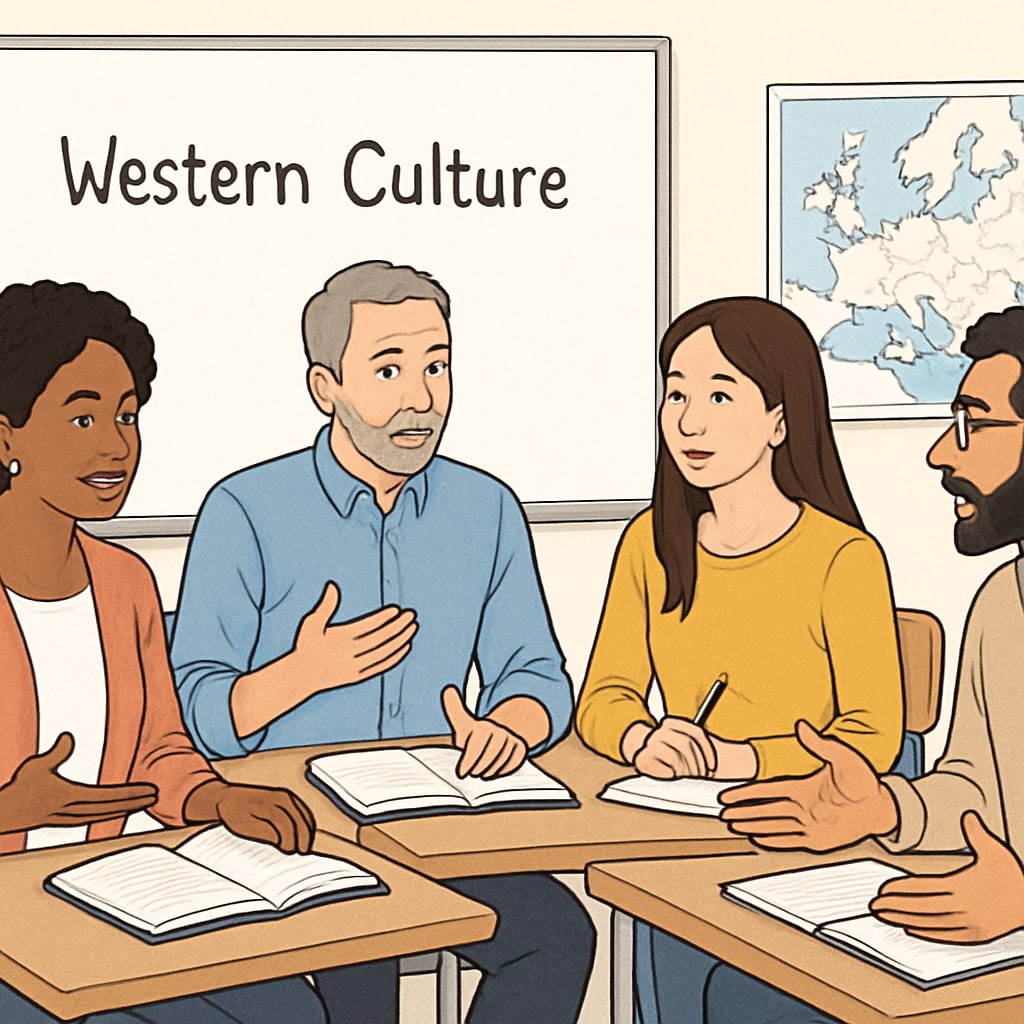For adult immigrants, the journey of adapting to a new culture often begins with acquiring foundational knowledge. Adult education, cultural adaptation, and foundational knowledge are essential for navigating the complexities of Western societies. In this article, we’ll explore the role of K12 education in helping adults bridge the knowledge gap, especially in a dynamic and diverse city like New York. Additionally, we’ll provide practical resources for adult learners seeking to enhance their academic skills while embracing Western culture.
The Cultural Challenges Faced by Adult Immigrants
Adapting to Western culture can be a daunting task for many adult immigrants. Beyond language barriers, there are often gaps in foundational knowledge, including basic math, science, history, and civics. These gaps can hinder job prospects, limit social integration, and make everyday tasks more challenging. For example, understanding Western societal norms, such as the importance of punctuality or the role of individualism, may require both cultural and educational insights.
Moreover, the lack of familiarity with the local education system can make it difficult for immigrant parents to support their children’s academic journeys. Addressing these challenges often requires targeted learning opportunities that combine foundational knowledge with practical cultural education.

Why K12 Education is a Critical Resource for Adults
K12 education, typically associated with children and teenagers, can play a transformative role for adult learners as well. By revisiting core subjects like mathematics, science, and history, adults can gain the foundational knowledge necessary to secure better employment, engage in community activities, and navigate everyday challenges in Western societies. In addition, K12 education often incorporates critical thinking and problem-solving skills, which are highly valued in the workplace.
For immigrant adults, K12 education can also serve as a cultural bridge. Subjects like social studies and civics introduce learners to the historical and political context of their new country, fostering a deeper understanding of its values and norms. This holistic approach to education not only enhances academic skills but also supports cultural adaptation.
Finding Adult-Friendly K12 Educational Resources in New York
New York City, known for its diversity, offers a wealth of educational opportunities tailored to adult learners. Here are some practical resources for immigrants seeking to enhance their foundational knowledge:
- Adult Education Centers: Organizations like the NYC Department of Education’s Adult Education Program provide free or low-cost classes in English as a Second Language (ESL), GED preparation, and basic academic subjects.
- Community Colleges: Institutions such as the City University of New York (CUNY) offer continuing education programs designed for adults. These programs often include flexible schedules and support services to accommodate working learners.
- Libraries: The New York Public Library system offers a range of free educational workshops, including literacy programs and cultural orientation sessions.
- Nonprofit Organizations: Groups like the International Rescue Committee provide tailored educational support for immigrants, including English language classes and cultural integration workshops.
Each of these options provides a stepping stone for adult learners to build confidence, acquire knowledge, and integrate more seamlessly into Western culture.

Embracing the Lifelong Learning Mindset
For adult immigrants, education is not just a tool for personal growth but also a pathway to community belonging and economic empowerment. By embracing a mindset of lifelong learning, immigrants can turn challenges into opportunities. K12 educational resources, tailored for adults, enable learners to fill knowledge gaps, develop transferable skills, and gain a deeper appreciation of Western culture. As a result, they are better equipped to contribute meaningfully to their new communities.
In conclusion, adult education, cultural adaptation, and foundational knowledge are intertwined elements that support immigrant success. By seeking out accessible educational resources and committing to continuous learning, adult immigrants can bridge the knowledge gap and thrive in Western societies.
Readability guidance: This article uses short paragraphs, a clear structure, and concise language to ensure accessibility. Key points are summarized in lists, and over 30% of sentences utilize transition words for better flow.


